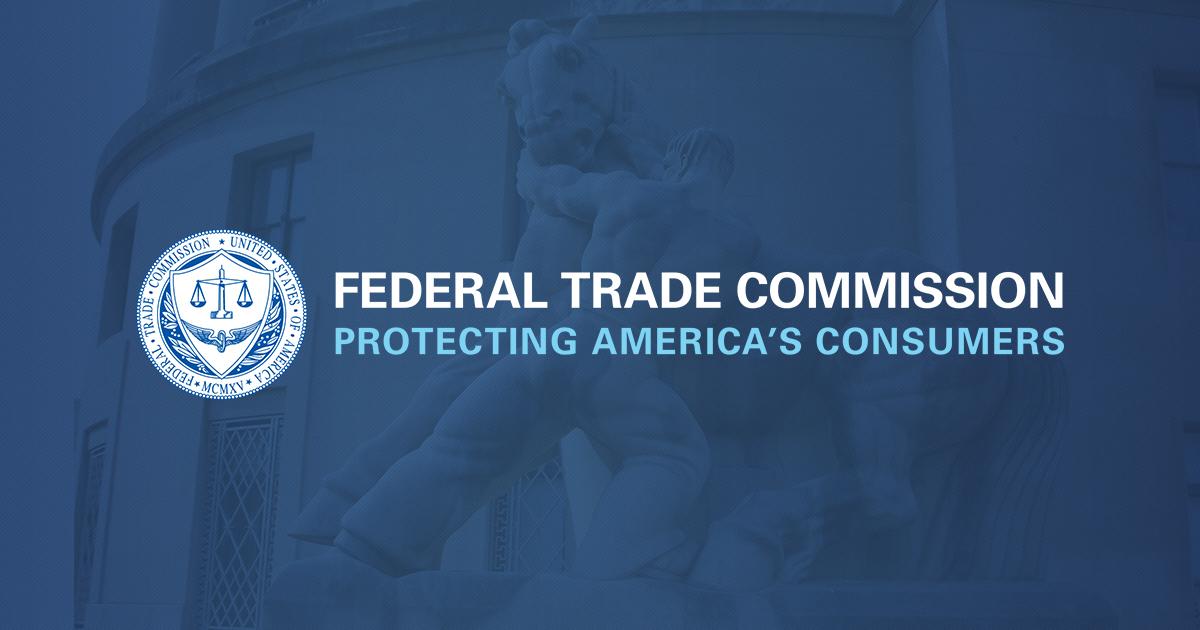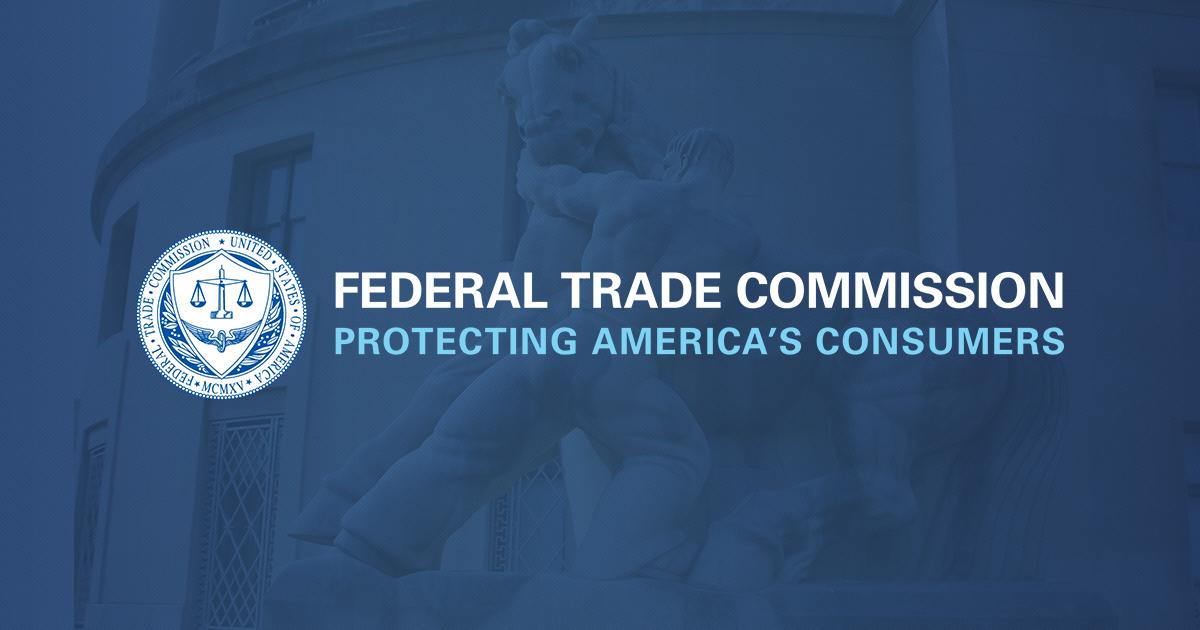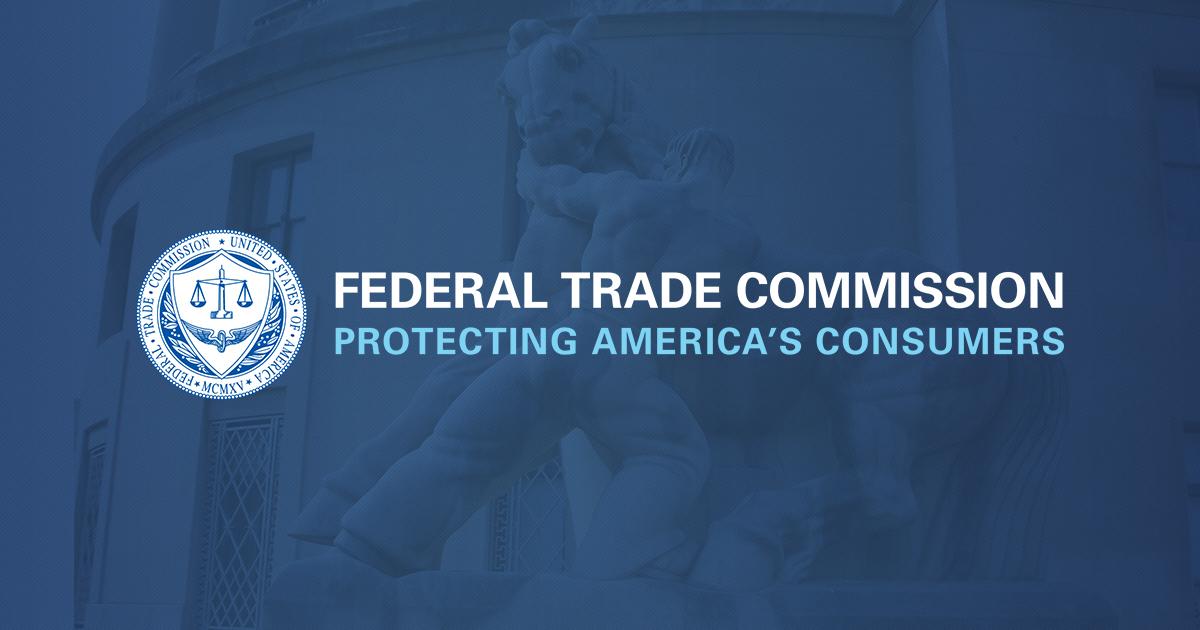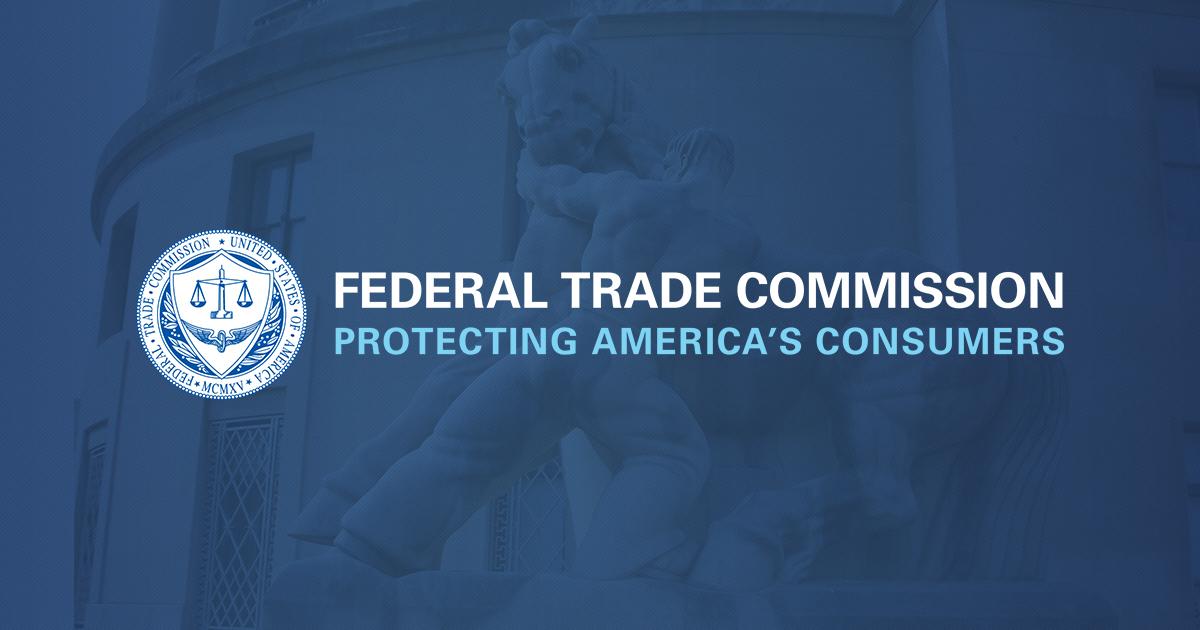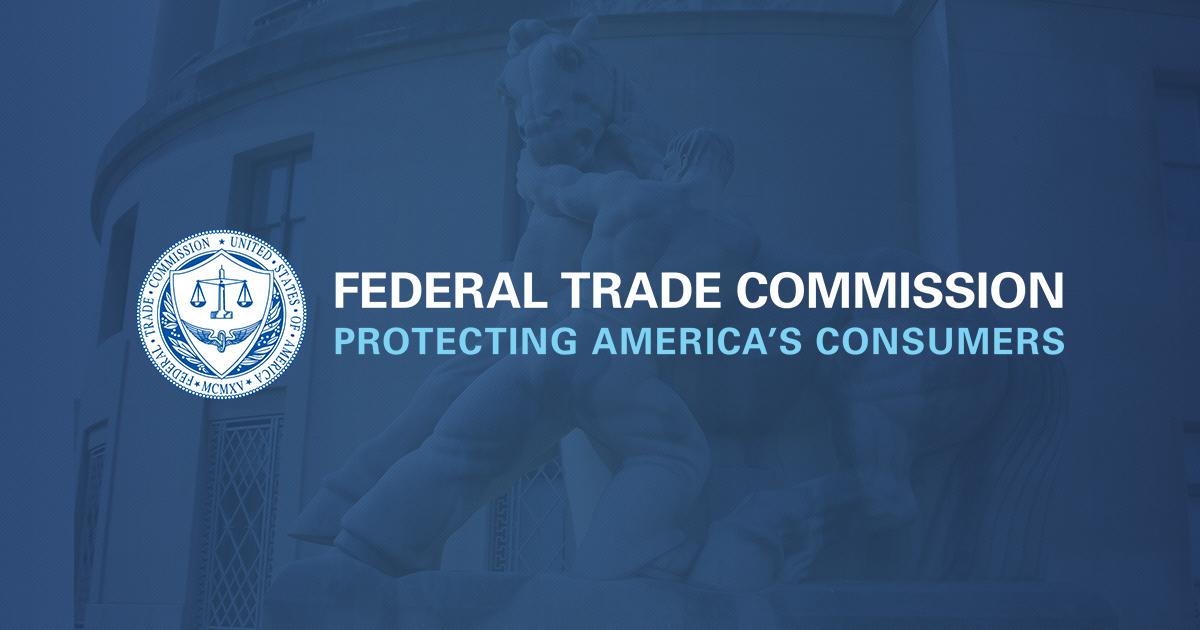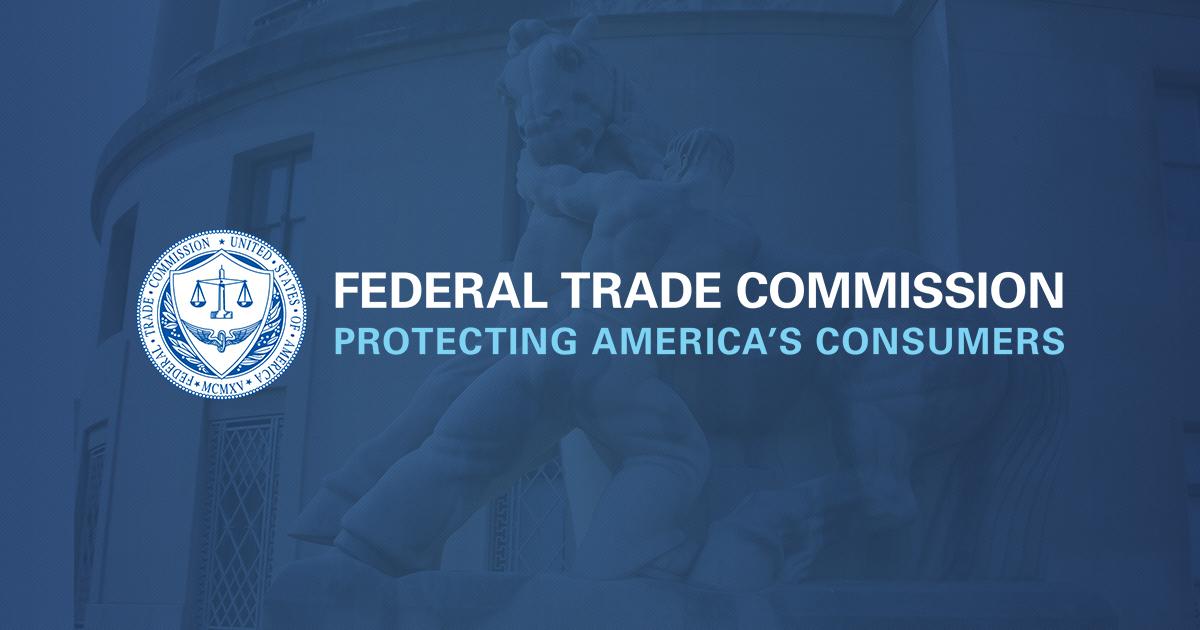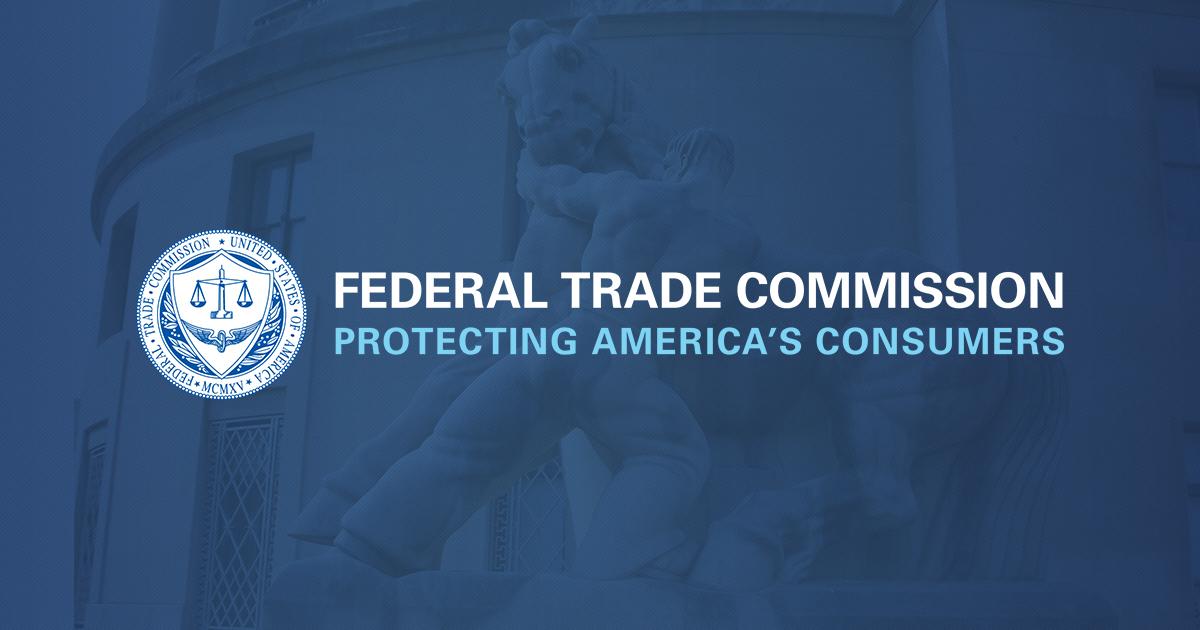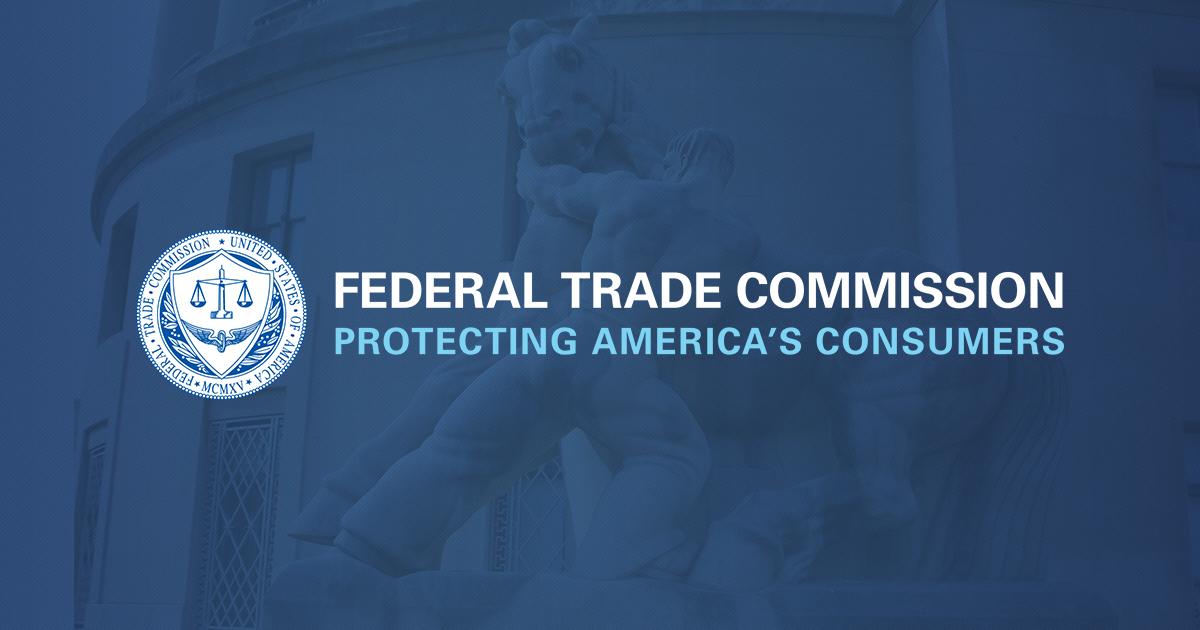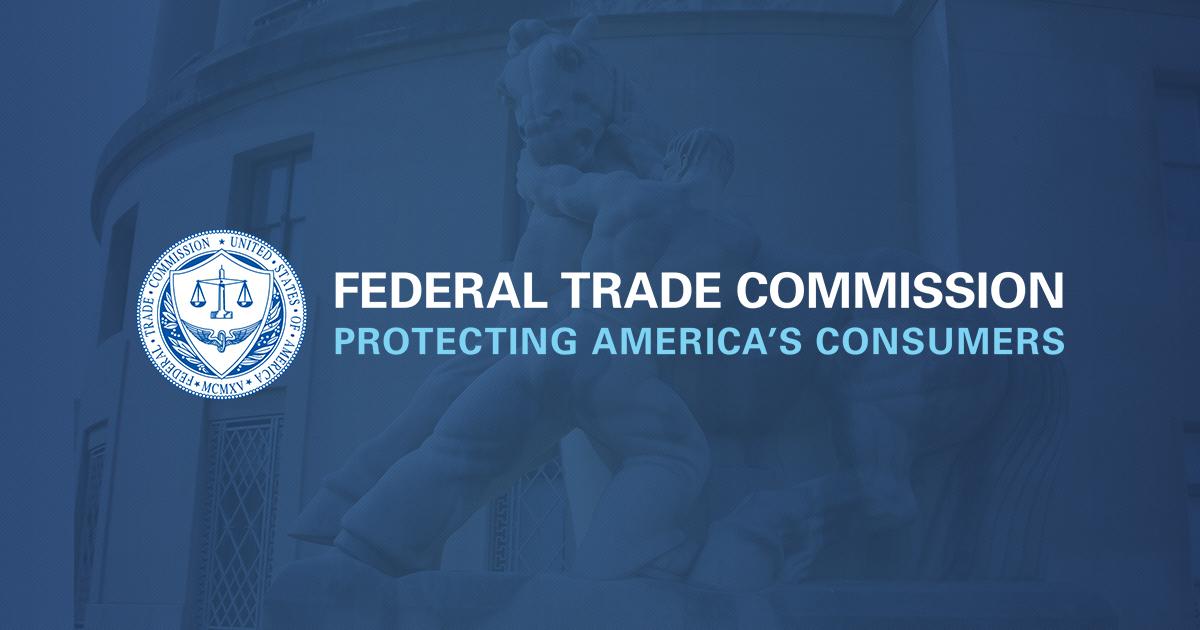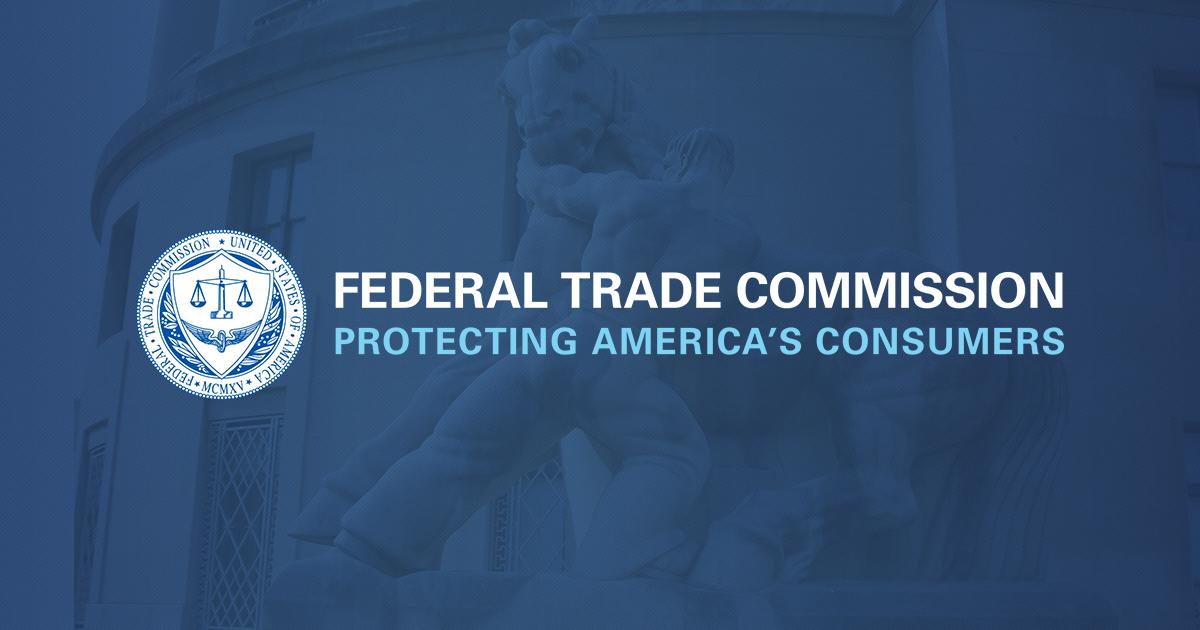The Federal Trade Commission and seven state attorneys general have charged a payment processor with violating federal and state laws by debiting, or attempting to debit from consumers’ bank accounts on behalf of numerous fraudulent telemarketers and Internet-based merchants.
The FTC and the attorneys general of Illinois, Iowa, Nevada, North Carolina, North Dakota, Ohio, and Vermont have charged the defendants with offering payment processing services to a variety of merchants, many of which were engaged in deceptive telemarketing or Internet-based schemes. These schemes were designed to extract money from consumer bank accounts by inducing consumers, through misrepresentations and omissions in connection with the marketing of products or services, to provide the merchant with the consumer’s personal bank account information. The merchants then transmitted the bank account information to the defendants, who processed debits to the consumers’ bank accounts.
Between June 23, 2004 and March 31, 2006, the defendants processed more than $200 million in debits and attempted debits to consumers’ bank accounts, the complaint alleges, and more than $69 million of the attempted debits were returned or rejected by consumers or their banks for various reasons, indicating the lack of consumer authorization. In many instances, after the defendants debited accounts, the merchants failed to deliver the promised products or services, or sent consumers relatively worthless items. The complaint alleges that by providing access to the banking system and the means to extract money from consumers’ bank accounts, the defendants played a critical role in their clients’ fraudulent and deceptive schemes.
“Payment processors play a key role in many commercial transactions, and they are positioned to monitor return rates on these transactions,” said Lydia Parnes, Director of the FTC’s Bureau of Consumer Protection. “The defendants purportedly saw extremely high return rates and looked the other way. We allege that consumers lost millions of dollars as a result, and that the company’s conduct violated federal and state laws.”
The complaint states that in many cases the defendants, collectively known as YMA, accepted clients whose applications contained signs of deceptive activity, including sales scripts with statements that were facially false or highly likely to be false. The complaint also alleges that YMA anticipated that many of its clients would generate high rates of returned or reversed transactions, a sign that unauthorized debits from consumers’ accounts were likely. After these merchants became YMA clients, they did generate high return rates – from 20 percent to more than 80 percent. According to the complaint, YMA closely monitored its clients’ return rates, and therefore was aware of its clients’ high return rates.
Named as defendants in the complaint are Your Money Access, LLC d/b/a Netchex Corp., Universal Payment Solutions, Check Recovery Systems, Nterglobal Payment Solutions, Subscription Services, Ltd.; YMA Company, LLC, Derrelle Janey, and Tarzenea Dixon. The complaint charges them with violating Section 5 of the FTC Act by unfairly processing debit transactions to consumers’ bank accounts, and violating the Telemarketing Sales Rule by providing substantial assistance or support to sellers or telemarketers who they knew, or consciously avoided knowing, were violating the TSR. The complaint also charges them with violating the Illinois Consumer Fraud Act, the Iowa Consumer Fraud Act, Nevada’s Deceptive Trade Act, the North Carolina Unfair and Deceptive Trade Practices Act, the Ohio Consumer Sales Practices Act, and the Vermont Consumer Fraud Act. The complaint seeks a permanent bar on further violations, monetary relief, including consumer redress and the disgorgement of ill-gotten gains, and civil penalties under applicable state claims.
The Commission vote to authorize staff to file the complaint and to include the seven states as co-plaintiffs was 5-0. The complaint was filed in the U.S. District Court for the Eastern District of Pennsylvania.
NOTE: The Commission files a complaint when it has “reason to believe” that the law has been or is being violated, and it appears to the Commission that a proceeding is in the public interest. The complaint is not a finding or ruling that the defendant has actually violated the law. The case will be decided by the court.
The FTC works for the consumer to prevent fraudulent, deceptive, and unfair business practices and to provide information to help spot, stop, and avoid them. To file a complaint in English or Spanish, click http://www.ftc.gov/ftc/complaint.shtm or call 1-877-382-4357. The FTC enters Internet, telemarketing, identity theft, and other fraud-related complaints into Consumer Sentinel, a secure, online database available to more than 1,600 civil and criminal law enforcement agencies in the U.S. and abroad. For free information on a variety of consumer topics, click http://ftc.gov/bcp/consumer.shtm.

